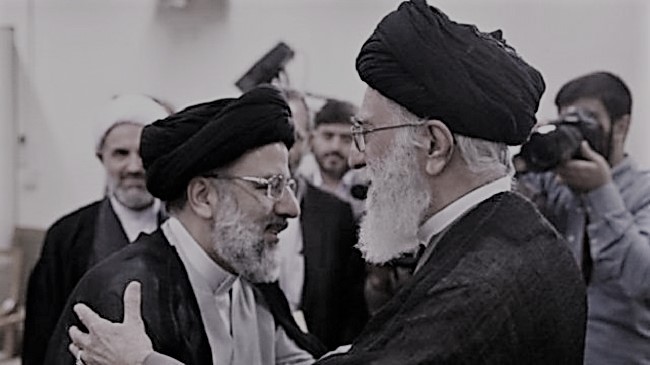There are just two months until the presidential elections in Iran, but the regime still hasn’t officially announced any candidates. While the election is essentially a sham, with all candidates approved by Supreme Leader Ali Khamenei and the vote rigged, it feels like taking much longer to tell the public who is running only displays this loud and clear.
Of course, the lack of candidates isn’t the only thing that’s different about this election. Many Iranians, wise to the facts about the political process in their country, are planning to boycott the elections altogether, following a call from the Iranian Resistance, and have made their position clear in numerous protests this year.
To make the election even stranger, 225 Iranian MPs wrote a letter to Chief Justice Ebrahim Raisi asking him to run, but many believe that this was done at the behest of Khamenei because Raisi as president would allow the Supreme Leader to consolidate power further. (In 2020, he rigged the parliamentary elections by disqualifying most of the candidates from the so-called reformist faction in order to reduce the power of current president Hassan Rouhani.)
What would President Raisi mean?
Most likely, if he became president, it would mean increased suppression of the Iranian people, with protesters facing particularly brutal treatment. We can guess at this by looking at his record as Chief Justice, during which time sentences of prison time, torture, and other inhumane punishments have increased against dissidents and minorities. And, of course, his role on the death commissions during the 1988 massacre of 30,000 political prisoners.
With millions now expressing their hatred of the regime for its failure to control various crises, including the pandemic and the economy, and even saying that the regime used COVID-19 as a shield against protest, Khamenei needs Raisi. He thinks that the only way to keep power is to stop protests, which in his mind means increasing the penalties for it, from long prison terms to the fear that you could catch a deadly disease.
Iran News Wire wrote: “In the end, we have to see whether Khamenei is powerful enough to install his choice of president. After all, the nationwide protests in 2018 and 2019, when thousands chanted for Khamenei’s downfall, diminished his strength to a large extent… Whoever comes out of the ballot box, one thing is certain. Nothing can stop the millions of seething Iranians from taking their country back from the ruling clerics.”
